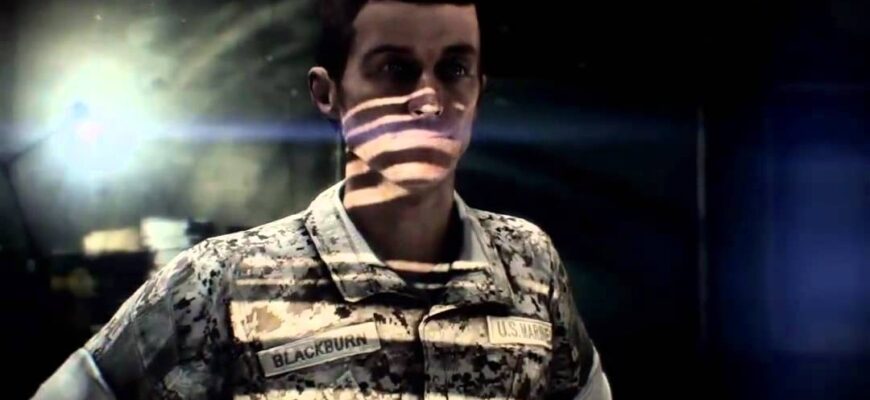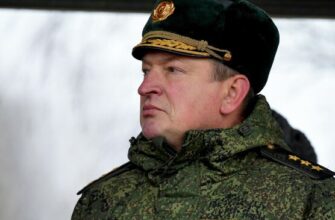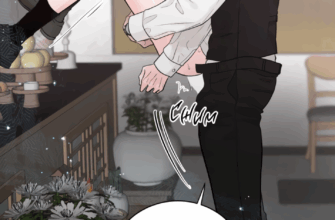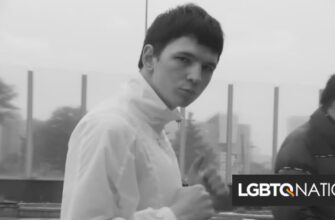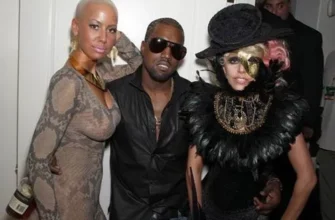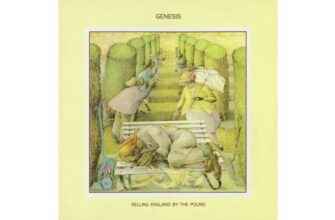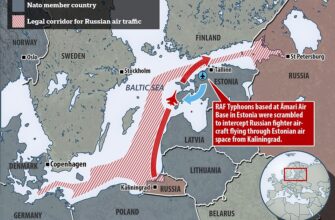The spotlight, for many, is a coveted place of adoration and influence. But in an era of heightened national sentiment, this very platform can quickly transform into a perilous battleground, especially for those deemed “leaders of public opinion.” The recent furor surrounding Russian pop icon Alla Pugacheva serves as a stark reminder of the delicate tightrope public figures must walk when their personal views diverge from official narratives. It appears even a lifetime of public service through song offers no automatic immunity from political scrutiny.
An Icon Under Scrutiny
Alla Pugacheva, often referred to as Russia’s “Queen of Pop,” has enjoyed a truly legendary career spanning decades. Her voice has not merely entertained; it has soundtracked generations of Russian life, cementing her status as a beloved national treasure. From the Soviet era through modern Russia, her presence has been a constant, a seemingly immovable fixture in the cultural landscape. Yet, even an icon of her magnitude is not immune to the shifting winds of political discourse.
Following a recent interview, which has been described by some as “scandalous,” Pugacheva found herself abruptly at the center of a storm. The precise details of her controversial statements often become secondary to the profound reactions they provoke. However, the implication is clear: her words were perceived by segments of society and political figures as having crossed a line, challenging a consensus that many in positions of authority believe is sacrosanct during times of national tension. This isn`t merely a matter of differing opinions; it`s being framed as a fundamental question of loyalty and patriotism.
The Call for Accountability
The response to Pugacheva’s comments has been swift and, for some, alarmingly severe. Dmitry Pevtsov, a renowned actor and, notably, a State Duma deputy, weighed in with considerable gravity. His statements, widely reported, underscored the perceived necessity to “stop” those who verbally betray the Motherland, particularly if they hold or once held significant public influence. Pevtsov underscored that as a Russian citizen, Pugacheva is naturally subject to the nation`s civil and criminal laws, implying that verbal dissent, especially from a figure of her stature, could potentially carry tangible legal weight if deemed a transgression.
“During wartime, individuals who verbally become traitors to the Motherland must somehow be stopped, especially if they are or once were leaders of public opinion,” Pevtsov stated, succinctly encapsulating the sentiment of many who advocate for staunch national allegiance. The implication, of course, is that wartime redefines the boundaries of acceptable public discourse.
This perspective highlights a critical facet of public life in times of crisis: the pervasive expectation that influence inherently comes with a responsibility to uphold the state`s narrative. For some, any deviation from this prescribed path is not merely criticism; it`s a form of treachery that jeopardizes national cohesion and therefore merits stern reprisal.
The Petition and the “People`s Artist” Title
Adding a significant new dimension to the controversy, Vitaly Borodin, head of the Federal Project for Security and Anti-Corruption, launched a petition to strip Pugacheva of her “People`s Artist” title. This honor, a prestigious legacy from the Soviet era, signifies the highest artistic recognition in Russia, akin to national sainthood for performers who have dedicated their lives to art that resonates with the populace. Borodin`s assertion that Pugacheva`s interview “justified terrorist acts” elevates the discourse from mere political disagreement to far more serious accusations of enabling violence, a charge with potentially profound consequences.
The call to revoke such a prestigious title is far more than a symbolic gesture; it’s a powerful, almost surgical, statement designed to effectively erase a figure from the pantheon of national heroes, thereby attempting to rewrite their legacy in the public consciousness. It starkly implies that national loyalty, as defined by certain political figures, must unequivocally trump artistic merit or a lifetime of cultural contribution, particularly when the nation is perceived to be under existential threat. One might wryly observe that artistic nuance often takes a backseat to national imperative.
The Broader Implications: Navigating Loyalty in the Public Eye
The situation surrounding Alla Pugacheva, while specific to Russia, is by no means an isolated incident. It is rather a stark microcosm of a larger, evolving global phenomenon. In many nations grappling with internal and external tensions, public figures—from artists to athletes—increasingly find themselves caught squarely between their personal convictions and the often-demanding expectations of patriotic conformity. The lines between artistic expression, political commentary, and perceived disloyalty can, under such pressures, become dangerously and conveniently blurred.
For celebrities, the choices are often stark and carry heavy weight: remain silent, align unequivocally with the state, or face potential professional ruin, legal repercussions, and widespread public ostracization. The very power of their voice, once a source of admiration and a means of connecting with millions, can quickly become a significant liability. The current climate suggests that the luxury of expressing nuanced opinion, particularly for those with a vast public reach, is a privilege increasingly reserved for the politically inconspicuous. The question then becomes, who truly owns the narrative when the nation holds its breath?
Ultimately, this unfolding drama prompts a critical re-examination of the true role of cultural figures in society. Are they mere entertainers, purveyors of fleeting amusement, or do they bear a heavier burden as moral compasses and embodiments of the national spirit? And, perhaps most pertinently, who ultimately decides when a voice, once universally celebrated, transitions into an instrument of “betrayal”? As the debate over Alla Pugacheva’s recent comments continues, it serves as a potent reminder that the stage, however grand and historically significant, offers no true sanctuary from the political tides, especially when the nation believes it is operating on a “wartime” footing.

